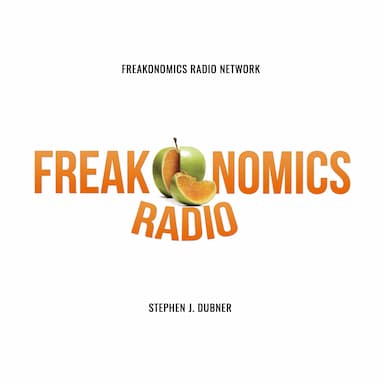
About the episode
Insurance forms that make no sense. Subscriptions that can’t be cancelled. A never-ending blizzard of automated notifications. Where does all this sludge come from — and how much is it costing us? (Part one of a two-part series.) SOURCES:Benjamin Handel, professor of economics at UC Berkeley.Neale Mahoney, professor of economics at Stanford University.Richard Thaler, professor of economics at The University of Chicago. RESOURCES:"Selling Subscriptions," by Liran Einav, Ben Klopack, and Neale Mahoney (Stanford University, 2023)."The ‘Enshittification’ of TikTok," by Cory Doctorow (WIRED, 2023)."Dominated Options in Health Insurance Plans," by Chenyuan Liu and Justin Sydnor (American Economic Journal: Economic Policy, 2022).Nudge (The Final Edition), by Richard Thaler and Cass Sunstein (2021)."Frictions or Mental Gaps: What’s Behind the Information We (Don’t) Use and When Do We Care?" by Benjamin Handel and Joshua Schwartzstein (Journal of Economic Perspectives, 2018)."Adverse Selection and Switching Costs in Health Insurance Markets: When Nudging Hurts," by Benjamin Handel (National Bureau of Economic Research, 2011). EXTRAS:"People Aren’t Dumb. The World Is Hard. (Update)" by Freakonomics Radio (2024)."All You Need is Nudge," by Freakonomics Radio (2021)."How to Fix the Hot Mess of U.S. Healthcare," by Freakonomics Radio (2021)."Should We Really Behave Like Economists Say We Do?" by Freakonomics Radio (2015).
